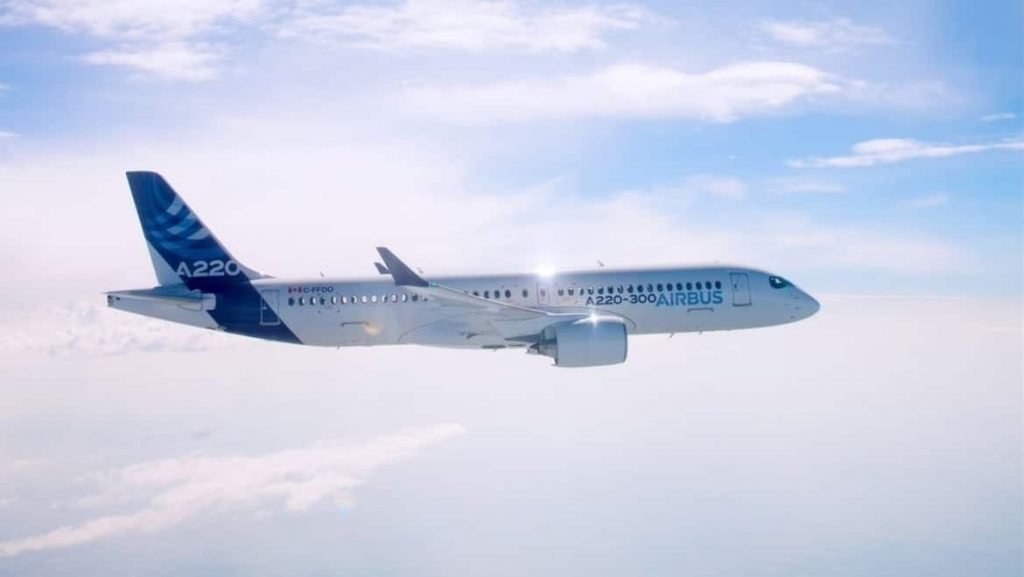
Officials from the UK and European Union have reiterated their willingness to negotiate, and urged the US government to assist in resolving the 16-year dispute over aircraft subsidies that has led to heavy tariffs on both sides.
European Union ambassador Stavros Lambrinidis made the comments at a trade conference, and said that the dispute over trans-Atlantic trade of metals and aircraft had gone on for far too long.
Lambrinidis also suggested that by prolonging the dispute, products from China will likely soon begin flooding the global aircraft market, which would pose a threat to both European and US industries.
China has provided 100 per cent subsidies to its aviation market.
Lambrinidis said that reaching an agreement to remove tariffs currently in place on aircraft built by Boeing in the US and the EU’s Airbus, as well as a range of other goods, would not only provide confidence to these beleaguered markets, but also send a strong message to workers within the aviation industry.
It is the second time in as many weeks that Europe has called for the US to suspend the tariffs.
Last week, EU Trade Commissioner Valdis Dombrovskis urged the Biden administration to remove US tariffs on European steel and aluminium, and said that the EU would do that same in return.
Dombrovskis also reiterated an EU offer to cancel European tariffs on a range of American goods including Boeing airplanes, should the Biden administration dissolve US duties on European products, notably Airbus aircraft.
The levies were introduced when the World Trade Organisation ruled both planemakers were provided illegal subsidies.
“It’s very important that we put those bilateral trade irritants behind us and really concentrate on the broader international trade agenda,” Dombrovskis said.
The EU continues to be optimistic that the new Biden administration will work with them to improve trans-Atlantic commercial relations, which were further damaged under former President Donald Trump.
Sabine Weyand, the commission’s director-general for trade, said in mid-January that both sides have a chance to reach an agreement on aircraft subsidies within six months and that ending the 17-year dispute would be easier were each side to halt its retaliatory duties against the other.




